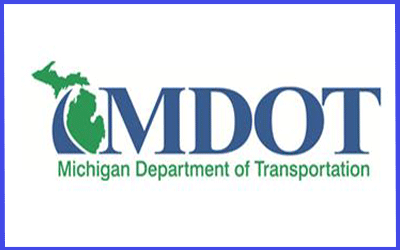
Investment to Support Customized Training Opportunities

FOR IMMEDIATE RELEASE July 8, 2021 Media contact: Mike Murray, 517-275-1820
Governor Whitmer announces Investment to Suppor Regional consortia will support job seekers through the Michigan Learning and Education Advancement Program
LANSING, Mich.— Governor Gretchen Whitmer and the Michigan Department of Labor and Economic Opportunity (LEO) today announced the recipients of grants totaling more than $15.6 million to help get Michigan back to work.
The Michigan Learning and Education Advancement Program (MiLEAP) grants have been awarded to 10 groups who will work as Regional Consortia to support individuals who are dislocated, underemployed, serving as essential workers, living in distressed rural and urban communities or economically disadvantaged.
“My administration is committed to uplifting Michiganders whose economic security has been impacted by the COVID-19 pandemic,” said Gov. Gretchen Whitmer. “By providing grants to help people make the move from education or training programs to good-paying, high-skill jobs, we can ensure all Michiganders thrive as we continue our economic jumpstart. The Michigan Department of Labor and Economic Opportunity and their Regional Consortia partners will help people get back on their feet and take the next step on their path to financial security.”
MiLEAP funds will assist job seekers in transitioning from education and training programs to high-skill, high-wage careers, resulting in industry-recognized credential attainment and reduced educational debt.
In all, the $15.6 million investment will allow the 10 awardees to serve an estimated 5,069 participants. The 10 grant recipients include regional consortia led by:
“By bringing a mix of economic development, education, non-profit and business partners together to serve as the MiLEAP consortia partners, we can ensure the customized programs developed will meet the unique needs of the over 5,000 program participants,” said LEO Acting Director Susan Corbin.
Additionally, grant funds will support the creation of MiLEAP Navigators who will provide job seekers direct assistance in assessing and overcoming barriers, identifying resources and providing guidance and support. MiLEAP participants will receive individualized competency-based assessments and learning plans that include skills assessments, remote learning opportunities, high school and industry recognized credential attainment and contextual learning opportunities.
Funding for MiLEAP was provided through a Reimagine Workforce Preparation Grant from the U.S. Department of Education. The grant recipients, who were selected through a Request for Proposal process that concluded in May 2021, will perform work through September 2023. MiLEAP aligns with Michigan’s Sixty by 30 goal to increase the number of working-age adults with a skill certificate or college degree to 60% by 2030.
More information about MiLEAP is available at Michigan.gov/MiLEAP. |



